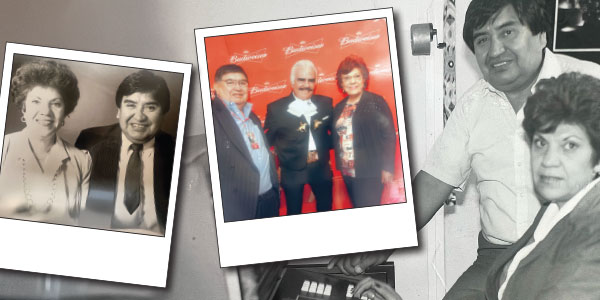
The person your loved one appoints as his health care agent should know him well and be willing to carry out the directions your loved one has given to the agent regardless of personal feelings or influence from family and friends. Your loved one should be sure to name an alternate agent to stand in if the primary agent is not available.
In addition to recording his wishes in advance directive documents, your loved one should discuss his values and health care goals with his agent. While decisions about medical treatment often take center stage, there are other things your loved one may want to mention. As the end draws near, some people find comfort in listening to music or having their favorite poems read. Others want family and friends to pray for them. Part of making his wishes known is sharing what’s important to him.
Your loved one does not need to work with an attorney to create advance directives. However, state law may require that he sign the documents in the presence of one or more witnesses.
The Aging with Dignity website offers an easy-to-fill-out “Five Wishes” template for recording one’s medical treatment preferences. It meets legal requirements in 42 states, and people in other states often attach it to their state forms. You can use our online resource to get state forms.
Making Wishes Known once your loved one has completed his advance directive forms, he should make sure his health care agent has copies. He also should discuss his advance directives with his physicians and have copies placed in his medical records. If a doctor seems uncomfortable following his wishes, he should consider changing health care providers.
Your loved one also should keep copies of his advance directives in a safe and accessible place at home. He should specify their location in the letter of instruction that accompanies his will. No one wants to dig through papers in the middle of a family crisis.
Planning for medical decisions without knowing what issues might arise isn’t easy, but it’s the responsible, compassionate thing to do for one’s family. And when the time comes, knowing your loved one’s wishes will give you peace of mind.
¿Testamento o poder notarial? (Parte 2)
Muchos estados combinan ambos instrumentos en un único documento, que puede usarse para dejar constancia de las preferencias que uno tenga respecto de los tratamientos a recibir, y para designar a un apoderado de salud.
La persona que tu ser querido designe como su apoderado de salud debería conocerlo bien y estar dispuesto a hacer cumplir las directivas que haya dado él o ella, más allá de sus propias convicciones o de los deseos de familiares y amigos. Tu ser querido debería asegurarse también de designar a un apoderado alternativo para que se haga cargo, en caso de que el titular no estuviera disponible.
Además de dejar constancia de sus deseos en las directivas anticipadas, tu ser querido debería charlar sobre sus valores y objetivos en cuanto al cuidado de su salud con su apoderado. Si bien es natural centrarse en las decisiones relativas a tratamientos médicos, hay otras cosas que tal vez tu ser querido quiera mencionar. Al aproximarse el desenlace final, algunos encuentran consuelo en la música o al escuchar sus poemas preferidos. Otros quieren que sus familiares y amigos recen por ellos. En alguna medida, el dar a conocer cuáles son sus deseos tiene que ver con compartir lo que es importante para ellos.
Tu ser querido no necesita de un abogado para confeccionar sus directivas anticipadas. Sin embargo, algunas leyes estatales pueden exigir que los documentos sean firmados en presencia de uno o más testigos.
El sitio de Aging with Dignity (Envejecer con dignidad / en inglés) ofrece un formulario, muy fácil de completar, llamado “Five Wishes” (Cinco deseos), para que uno deje constancia de sus preferencias. Es legalmente válido en 42 estados, y los residentes de aquellos estados donde no tiene validez suelen adjuntarlo a los formularios de curso legal en esos estados.










